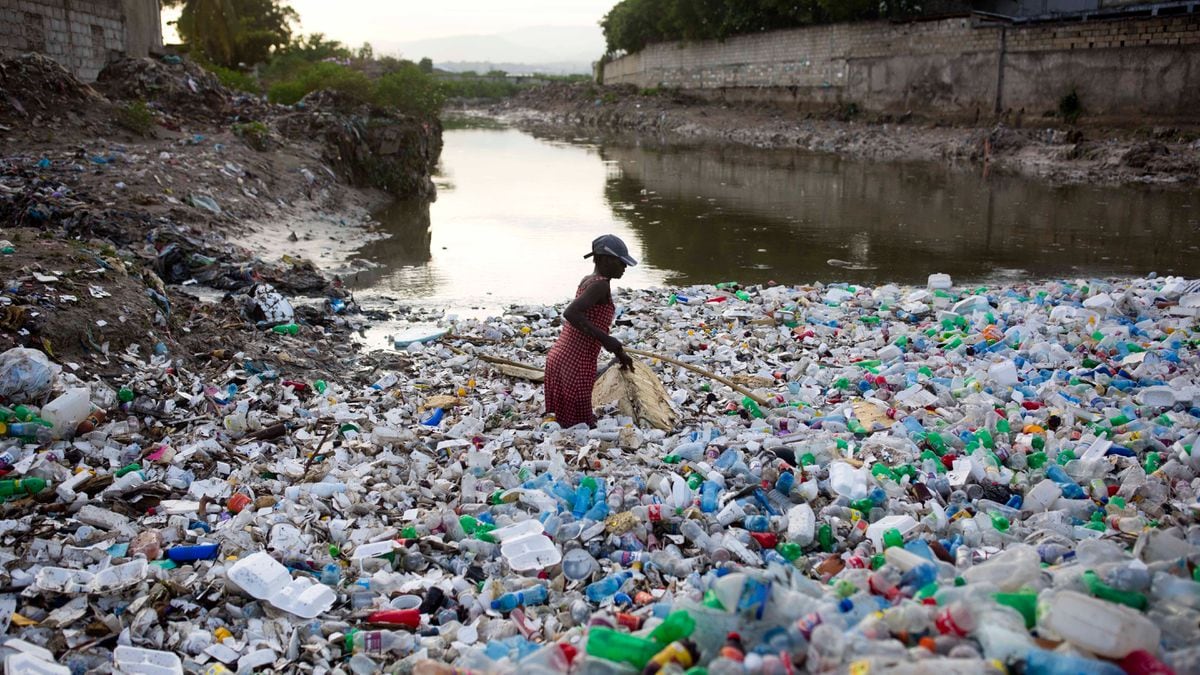You've probably noticed this lately if you buy drink packs, wondering "but how do you open this cap?". In recent months, drinks sold in plastic bottles have proudly displayed a new type of cap. When opened, it does not completely detach from the bottle, and remains attached to it.
A measure that avoids unnecessary pollution with caps thrown away or found in nature, and facilitates their recycling. Like what the Cristaline brand has been doing since 2016 on its bottles of water, still then carbonated, other companies such as Vittel, Lipton or Pulco have recently switched to this system.
The Coca-Cola group, owner of many brands such as Fanta or Sprite, had already announced in November 2022 to implement the measure on its small plastic bottles, which must now be extended to all its products.
A mandatory change in Europe
The sign of a better consideration of ecology on the part of the major brands of the agri-food industry? Perhaps, but not only. Indeed, if brands change their system of opening plastic bottles, it is above all because they are obliged to do so by the European Union.
European Directive 2019/904 of 5 June 2019 on reducing the impact of certain plastic products on the environment provides that from 3 July 2024, plastic bottles whose cap is not attached to the container may no longer be placed on the market.
Read alsoRecycling plastic bottles: deposit or no deposit?
Transposed into France by a decree of 28 December 2020 on the prohibition of the disposal of unsold non-food items and various provisions to combat waste, this directive will therefore very soon apply to all manufacturers of plastic bottles who market their products in France, and in the other 26 countries of the European Union.
This European text also provides that from 2025, all plastic bottles contain at least 25% recycled plastic, a percentage increased to a minimum of 30% in 2030.






/cloudfront-eu-central-1.images.arcpublishing.com/prisa/2RQK76CJRZCS5KCBA56WRJ5CEU.jpg)








